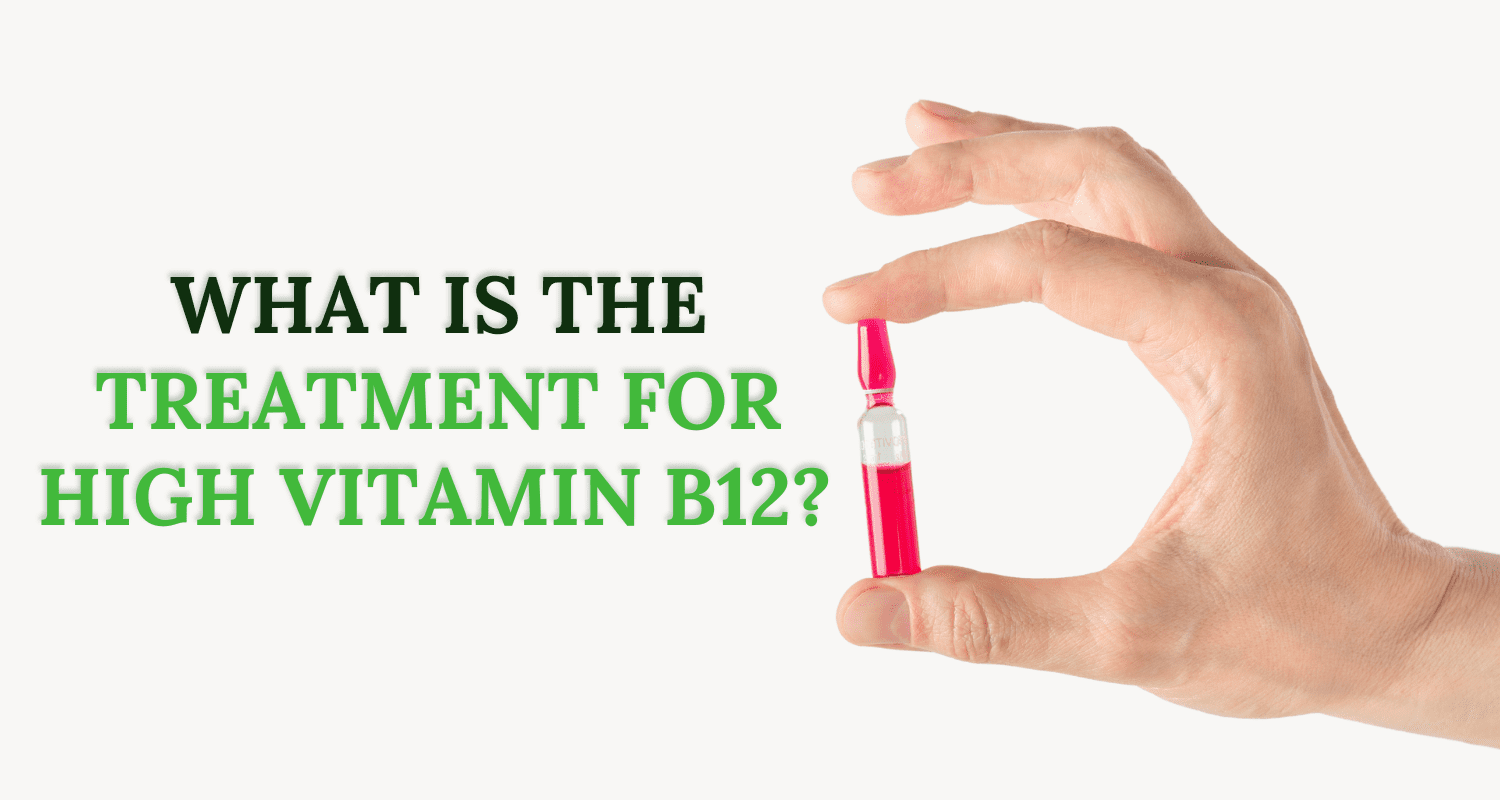Did you know that over 60 million Americans experience acid reflux at least once a month?
This staggering statistic highlights a widespread search for effective solutions, including the exploration of vitamins for acid reflux and natural remedies for acid reflux.
In a world awash with quick fixes and prescription medications, a growing number of individuals are turning to acid reflux supplements to find respite from the burning sensation that characterizes gastroesophageal reflux disease (GERD).
While antacids and proton pump inhibitors often take the spotlight in managing this condition, there’s burgeoning interest in how a holistic approach can contribute to relief and long-term well-being.
This guide delves into the vitamins and supplements that may help soothe your digestive tract and mitigate the uncomfortable symptoms of acid reflux. It’s a blend of science, nature, and nutrition designed to aid you on your journey to digestive tranquility.
Let’s explore vitamins for acid reflux.
Key Takeaways:
- Natural remedies for acid reflux are gaining popularity among the millions affected by this condition.
- Vitamins and acid reflux supplements can play a role in managing GERD’s symptoms.
- An evidence-based approach emphasizes the importance of considering both traditional and alternative therapies.
- Understanding the role of specific vitamins for acid reflux can help inform better choices for relief.
- Though promising, more research is necessary to fully understand the efficacy of various supplements.
- Always consult with a healthcare professional before adding new supplements to your regimen.
Understanding Acid Reflux and Its Impacts on Digestive Health
GERD, or gastroesophageal reflux disease, manifests as the regurgitation of stomach acid back into the esophagus, leading to chronic symptoms and complications.
The discomfort and pain resulting from frequent heartburn can significantly impact an individual’s digestive health, illustrating the importance of understanding this condition for effective management and prevention of more serious issues such as esophageal inflammation.
The chronic nature of GERD engenders a series of uncomfortable symptoms that go beyond occasional heartburn.
These may include persistent regurgitation, a residual bitter taste, excessive belching, and nausea.
The discomfort often escalates when lying down or bending over, making daily activities and sleep challenging for sufferers.
Recognizing these symptoms early is pivotal in addressing GERD before it progresses.
- Heartburn and regurgitation, the hallmark signs of GERD
- Belching and a bitter taste as frequent gastroesophageal reflux issues
- Nausea and difficulty swallowing in severe GERD cases
Without treatment, GERD has the potential to cause long-term damage to the esophagus, increasing the likelihood of laryngitis, eroded tooth enamel, and significant changes in the esophageal lining, such as Barrett’s esophagus – a precancerous condition.
Furthermore, individuals with persistent, untreated acid reflux have a higher risk of developing esophageal cancer, a serious consequence that underscores the need for awareness and proactive management of the disease.
- Monitoring for symptoms and seeking early treatment of GERD
- Understanding the complications associated with prolonged esophageal exposure to stomach acid
- Assessing the risk factors and prevention strategies for GERD-related esophageal cancer
Comprehensively grasping the interrelation between GERD and overall digestive health is essential not only for symptomatic relief but also for preventing irreversible damage to the gastrointestinal tract.
Lifestyle modifications, medical intervention, and ongoing research offer hope in finding effective methods to treat and manage GERD, with the goal of sustaining long-term digestive wellness and quality of life.
Natural Remedies for Acid Reflux: Efficacy and Research
Exploring the world of natural remedies for acid reflux yields a number of intriguing possibilities.
Individuals grappling with GERD symptoms may find relief through alternative methods grounded in scientific research.
From enhancing digestive enzymes to promoting esophageal protection, let’s delve into the viability of these natural solutions.
Betaine HCl with Pepsin: Boosting Stomach Acidity
For those suffering from low stomach acid, supplementation with Betaine HCl with pepsin has emerged as a resourceful option.
By aiding in the restoration of optimal stomach acidity, these supplements can play a significant role in digestion and nutrient absorption, combating the discomfort associated with heartburn.
Despite the potential benefits, it’s crucial to acknowledge that more research is required for a conclusive endorsement of these digestive enzymes.
The Role of Melatonin in Gastrointestinal Protection
Beyond its well-known effects on the sleep-wake cycle, melatonin may be a critical ally in securing esophageal protection.
In the context of GERD, studies hint at melatonin’s capacity to alleviate symptoms and defend against esophageal inflammation, pointing to its potential as more than just a sleep aid.
However, melatonin’s relationship with digestive health commands further investigation to fully understand its therapeutic impact.
Herbal Solutions: The Potency of Iberogast
Iberogast stands out as a synergistic blend of herbal extracts, notably peppermint, licorice root, and milk thistle.
This natural remedy has been documented to outperform placebos in easing indigestion symptoms.
While promising as a natural alternative to conventional GERD medications, the inclusion of such herbal solutions in one’s regimen should always be discussed with a healthcare provider.
Below is a supplement often associated with digestive health improvement:
- Betaine HCl with pepsin – Enhances stomach acidity and supports proper digestion
- Melatonin – Offers gastroprotective benefits and may lower GERD symptoms
- Iberogast – Utilizes the power of peppermint, licorice root, and milk thistle for digestive comfort
It is paramount that individuals seeking relief through these natural remedies for acid reflux thoroughly review the latest research and consult with qualified healthcare professionals to ensure an approach tailored to their specific needs.
Essential Vitamins for Acid Reflux Relief
When it comes to tackling the discomfort and complications of acid reflux, dietary adjustments and medications are often the first line of defense.
Nevertheless, an emerging area of interest is the role certain vitamins can play in providing relief.
Specifically, the effectiveness of vitamin B12 for acid reflux, vitamin D for acid reflux and vitamin C for acid reflux has garnered attention among those seeking alternative or complementary approaches to managing this condition.
Notably, vitamin B12 is an essential nutrient that supports the maintenance of a healthy nervous system and is pivotal in the production of DNA and red blood cells.
Its relevance to acid reflux lies in its potential to aid in the healing of the esophageal mucosa that might be damaged due to prolonged exposure to stomach acid.
Similarly, vitamin C, one of the most recognized antioxidants, known for its immune-boosting properties, may have a protective role in the digestive system.
It assists in the repair and regeneration of tissues, potentially alleviating the adverse effects of acid reflux on the esophagus.
Embarking on a regimen of dietary supplements for acid reflux can be a strategic adjunct to traditional treatments, offering an additional layer of support for those afflicted.
It’s salient to acknowledge that while these vitamins could contribute to symptom relief, comprehensive research to substantiate these claims is still underway.
The efficacy of dietary supplements can vary from person to person; hence, seeking professional medical advice is always recommended.
- The intertwining roles of nutrition and digestive health, emphasizing the value of these vitamins.
- Discussion on the potential benefits and proper dosages of vitamin B12 and vitamin C supplements.
- Patient experiences and clinical observations regarding the improvements after taking these supplements.
A balanced approach incorporating a nutrient-rich diet, proper medical treatment, and attention to vitamin B12 and vitamin C intake may offer soothing relief for those dealing with the burdens of acid reflux.
Complementary Dietary Supplements for Managing GERD
In the quest to maintain digestive health and manage symptoms of gastroesophageal reflux disease (GERD), an increasing number of individuals are turning to complementary dietary supplements.
These supplements not only offer potential heartburn relief but also strive to enhance the overall function of the gut flora and esophageal barrier.
Probiotics: Balancing Gut Flora for Digestive Harmony
Probiotics are synonymous with digestive harmony, introducing beneficial bacteria into the gut flora that are essential for gut health.
Incorporating probioticsn into the diet has been observed to improve GERD symptoms significantly, especially when combined with proton pump inhibitors (PPIs).
These live cultures help maintain a balanced microbial environment, which is a cornerstone for effective digestive health.
Formulations containing probiotics are available in various forms, including yogurts, supplements, and even chewable tablets.
By enhancing the natural defenses of the gut flora, probiotics may provide a natural adjunct to traditional heartburn medication, contributing to more sustained relief.
Impact of Alginates on Esophageal Barrier Function
Another promising option for those suffering from GERD are alginates.
Extracted from brown seaweed, alginates react with the acid in the stomach to form a viscous gel-like barrier that floats on the stomach contents, acting as a protective esophageal barrier.
This physical block can significantly reduce acid reflux episodes by preventing the backward flow of stomach contents.
The key player in this process is sodium alginate, which when combined with an antacid like calcium carbonate, offers immediate heartburn relief.
The traditional image of a typical antacid is being redefined with such innovative products, offering prompt and efficient relief.
Calcium Carbonate: A Rapid Antacid Action
When it comes to speed, few can rival calcium carbonate for swift action against the discomfort of heartburn.
As an antacid, calcium carbonate starts working the moment it reaches the stomach, neutralizing excess acid and providing quick relief from heartburn and indigestion.
This mineral is often included in over-the-counter remedies and is widely recognized for its effectiveness as an antacid.
Various forms, including chewable tablets and capsules, make calcium carbonate an accessible and easy-to-consume option for those in immediate need of heartburn relief.
Nonetheless, it is generally advised to limit the use to short-term scenarios to avoid potential imbalances and side effects associated with long-term use.
Conclusion
When it comes to managing GERD for long-term health, the importance of an integrated approach cannot be overstated for vitamins for acid reflux.
Merging medical treatments with the right lifestyle changes can lay a strong foundation for relief. Further, the introduction of dietary supplements can play a pivotal role.
The best vitamins for acid reflux, along with natural supplements like betaine HCl with pepsin, melatonin, and Iberogast, have demonstrated the potential to complement existing GERD management strategies.
Additionally, probiotics, alginates, and calcium carbonate stand out for their supportive qualities in digestive health maintenance.
However, despite the optimism surrounding these supplements, it’s crucial to recognize that their effects can vary from person to person.
Understanding the nuances of each individual’s condition and response to treatment is essential.
The importance of professional guidance cannot be underestimated for vitamins for acid reflux, as it ensures the safe and beneficial integration of these remedies into one’s health regimen.
Navigating the myriad options to find the most effective combination is often best done under the watchful eye of a healthcare professional.
In summary, achieving long-term management of GERD requires a holistic approach.
The synergy between traditional treatments and the strategic use of supplements can offer significant benefits.
Nonetheless, the journey towards optimal digestive health must be navigated with careful consideration, ensuring that each step taken is tailored to the individual’s needs and circumstances.
By doing so, those afflicted by GERD can look forward to not just managing symptoms, but also enhancing their overall quality of life.
FAQs
Which vitamin is good for acid reflux?
Vitamin D is often recommended for managing acid reflux symptoms as it supports gastrointestinal health.
What vitamin deficiency causes acid reflux?
Deficiency in vitamin D has been associated with an increased risk of experiencing acid reflux symptoms.
What vitamins are needed for stomach acid?
Vitamins such as vitamin D and vitamin B12 are important for maintaining stomach health and proper acid production.
Is vitamin D OK for acid reflux?
Yes, vitamin D is generally considered safe and may help alleviate symptoms of acid reflux by promoting gastrointestinal health.
Can B12 reduce acid reflux?
Vitamin B12 may help in reducing acid reflux symptoms as it plays a role in maintaining stomach health and acid production.
How I cured my acid reflux?
Individual experiences vary, but lifestyle changes such as dietary modifications, weight management, and avoiding trigger foods are often recommended for managing acid reflux symptoms. Consulting a healthcare professional for personalized advice is advisable.
What are the essential vitamins for acid reflux?
Vitamin D and vitamin B12 are often recommended for managing acid reflux symptoms and maintaining stomach health.
Disclaimer: This content, including advice, provides generic information only. It is not a substitute for a qualified medical opinion. Always consult a specialist or your doctor for more information. Nutrition Cult does not claim responsibility for this information.




